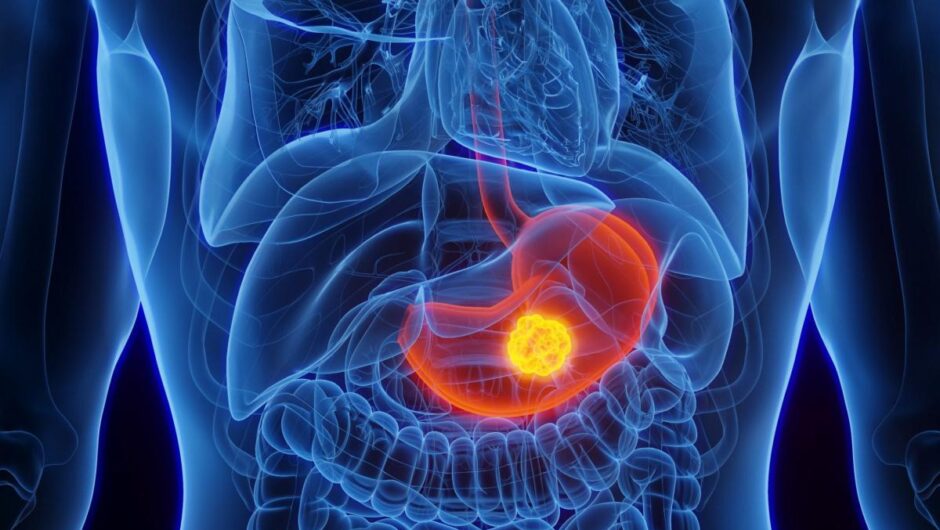[ad_1]
An urgent investigation has been launched into why a disproportionate number of NHS staff from from black, Asian and minority ethnic (BAME) backgrounds are being affected by coronavirus.
Speaking to the media on Tuesday, Health Minister Vaughan Gething said a recent report found more than a third of people critically ill with coronavirus in English, Welsh and Northern Irish hospitals were from BAME backgrounds, compared with 18% of the UK population.
He said an urgent investigation was needed to look at why people from BAME backgrounds appear to be more at risk.
The first three casualties on the NHS frontline in Wales were of black or ethnic minority backgrounds, while across the UK the first 10 doctors to die were all from minority backgrounds.
Mr Gething said: “A team from Welsh Government will be working with Public Health Wales to gather evidence and data to establish whether there are any identifiable risks or avoidable factors and we will involve local community stakeholders in this work.
“This will help to inform decisions about whether we need to give more tailored advice to people from BAME backgrounds to help protect them, their families and their communities.”
Keshav Singhal MBE and Hasmukh Shah from the British Association of Physicians of Indian Origin (Bapio) wrote to the chief executives of all Welsh health boards last week to call for the matter to be urgently addressed.

Keshav Singhal MBE from the British Association of Physicians of Indian Origin (Bapio)
(Image: Bapio)
They highlighted data from the Intensive Care National Audit and Research Centre (ICNARC) which suggests 34% of critically ill coronavirus patients are from BAME backgrounds.
“The available figures suggest that being male, BAME and older adult along with at least one co-morbid condition puts them at greater risk of mortality,” they stated.
“It is a fact that BAME populations have a higher incidence of known risk factors including visceral obesity, diabetes and metabolic syndrome, hypertension and ischaemic heart disease, chronic lung disease and vitamin D deficiency.
“While research is going on and will take time to complete, it is vital that all of us take cognisance of these disturbing trends and take urgent steps to mitigate against any further and unnecessary tragedies.”
The organisation has called for an equality impact assessment to be carried out to determine whether particular groups of staff might be especially at risk, and whether particular groups or communities might be at risk, such as the poor or those from particular communities.
“We expect employers to urgently carry out a stratified risk assessment so that those healthcare workers on the frontline of tackling the pandemic are not unnecessarily put in harm’s way,” they added.
“Likewise, the NHS has the legal and ethical obligation to ensure that retired and returning senior doctors and nurses are not given high risk jobs that are frontline facing.”
Similarly, Judge Ray Singh CBE, chairman of Race Council Cymru, wrote to Wales’ chief medical officer Dr Frank Atherton with his concerns.
He said: ” I recognise that the situation is fluid at the moment and that all efforts in Wales are directed at Welsh-wide interventions to defeat this virus.
“However, given that there is a disproportionate number of people from BAME backgrounds (especially doctors, nurses and other healthcare workers) at the frontline of this emergency, it is imperative that urgent action is taken to identify and act on the factors that are making them not only particularly susceptible to this virus but that are also making them more likely to die from it.”
[ad_2]



